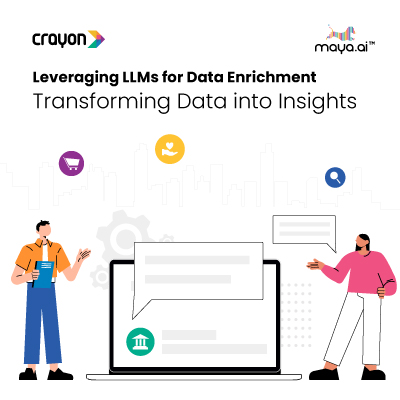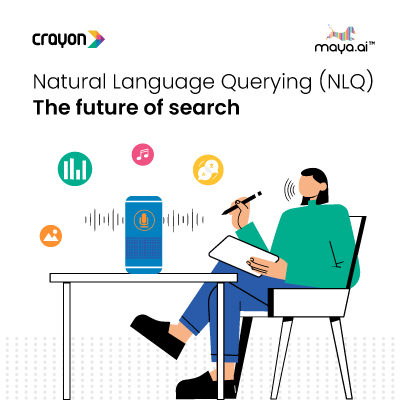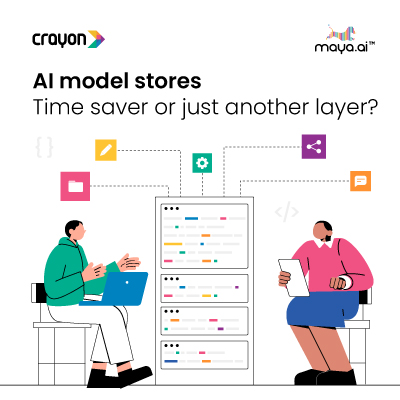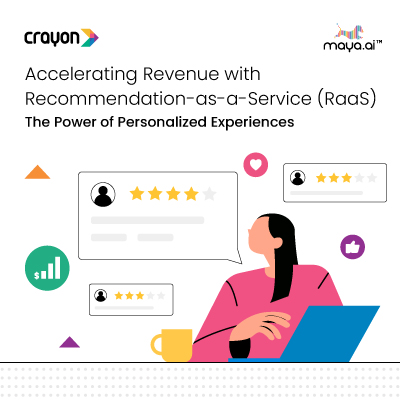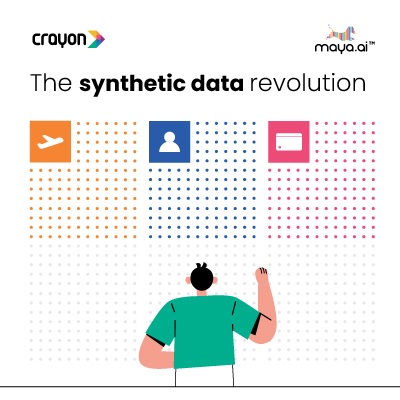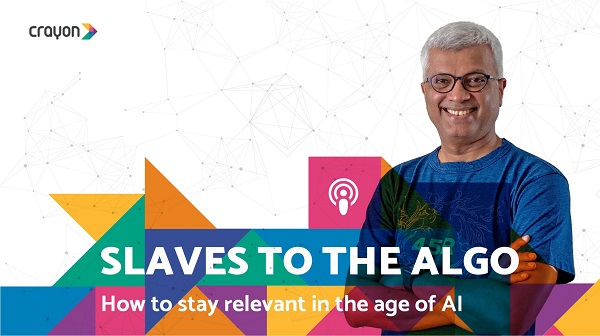At its inception, the digital marketing industry still relied fairly heavily on things like gut instinct and inference from outdated precedent. The tools were there to reach people online, but those wielding them weren’t ready to embrace the rigors of data-driven methodology. Over time, the area of digital analytics became better understood, and more companies began to embrace it.
Today, we stand (and have stood for some time) on the precipice of another major shift in how digital marketing is carried out. AI has been making waves throughout the digital world, and the increasing presence of AI-ready data (data structured in ways to be easily accessed and analyzed by AI processes) is greatly expanding the possibilities. In this post, we’re going to examine how it’s likely to transform digital marketing. Let’s get started:
It can speed up machine learning
We need to start with the most notable advantage of AI-read data, and that’s the resulting boost in the speed of machine learning. Routines are given desirable outcomes and left to analyze vast quantities of data to essentially A/B test options until the best results are achieved — and when data is generated from the outset to be used for AI purposes, the whole process is made considerably faster. Any time spent parsing data to get it lined up really makes things drag.
Given that machine learning is now used for everything from coming up with the best phrasing for email subject lines to coming up with optimal arrangements of store products in marketing emails, this is going to be the biggest change. Faster machine learning is not only convenient but also less expensive (less processing time required means lower processing costs).
It can produce searchable resources
A big part of digital marketing these days is giving easy access to resources, typically answers to common questions or solutions to specific issues. This is particularly big for online retailers that need to pull out all the stops to get shoppers to buy, and why using a dedicated knowledge base is becoming markedly more common — but how do you fill such a knowledge base?
You can do it manually, of course, and that’s how it’s typically done. That’s a slow and frustrating process, though, so why not ensure that such answers and solutions are stored and marked appropriately from the point of creation? That way there’s no further arrangement required. All the required information can be easily imported and arranged, generating highly-valuable resources with minimal effort and resource investment.
It can help grow omnichannel support
Omnichannel support (distinct from multichannel support) is about providing continuity between support experiences across different channels. A conversation that begins on Twitter could continue with ease on Facebook, all through each interaction with that customer (or prospective customer) being tracked and logged appropriately.
If all points of customer interaction are set up to store correctly-tagged data and make it readily available to all other systems in the omnichannel network, this can be achieved quickly and with ease. You can then have one main AI process dedicated to bringing it all together, using A/B testing across all attached networks until it has a finely-honed customer-impressing strategy.
It can make data even more valuable
Customer databases being copied and shared isn’t anything new, and one of the reasons why the implementation of GDPR was necessary is that businesses were getting altogether too casual with how they stored and used data. Some looked for the easy revenue of selling their databases to anyone who could pay — but since GDPR changed things in the EU and made Americans more aware of data security, data has become less valuable as a commodity.
With AI-ready data packaging, though, there’s once again value in paying for data sets — just not ones containing illegally-stored data. Instead, big data companies will store general analytics, package up the most meaningful information, and make it available for retailers and other businesses to use at cost.
Digital marketing keeps getting smarter and more efficient, and the prevalence of AI-ready data is going to accelerate this process. As you consider the future of your digital marketing campaigns, keep these points in mind: they’ll be relevant soon enough.

